Learning How to Swim: On Being a New SLP Graduate in the Field of AAC
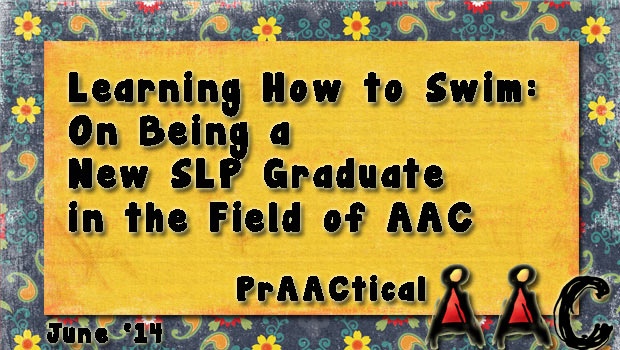
We’re pleased to welcome a new guest blogger, Kate Munro, to our pages today. I first ‘met’ Kate on Twitter  (@SpeechieKate) and was even more excited by her passion for AAC when I met her in person last month. Her passion for AAC began during a clinical placement while training at the University of Queensland. This snowballed when completing her honours with Dr. Bronwyn Hemsley on health professional’s views on communication in hospital for children with Cerebral Palsy and CCN. Now living in South Australia, she is a speech pathologist working at Two Way Street, a private practice which specialises in AAC. In addition to this, she tutors students at Flinders University’s Disabilitiy and Community Inclusion Unit and volunteers her time as the South Australian Representative for AGOSCI. Since her honours research was published as part of a larger study, she has developed a greater interest in research but isn’t ready quite yet…
(@SpeechieKate) and was even more excited by her passion for AAC when I met her in person last month. Her passion for AAC began during a clinical placement while training at the University of Queensland. This snowballed when completing her honours with Dr. Bronwyn Hemsley on health professional’s views on communication in hospital for children with Cerebral Palsy and CCN. Now living in South Australia, she is a speech pathologist working at Two Way Street, a private practice which specialises in AAC. In addition to this, she tutors students at Flinders University’s Disabilitiy and Community Inclusion Unit and volunteers her time as the South Australian Representative for AGOSCI. Since her honours research was published as part of a larger study, she has developed a greater interest in research but isn’t ready quite yet…
::::::::::::::::::::::::::::::::::::::::::::::::::::
Our field seems to be littered with sayings, puns, cliché’s, and thoughtful anecdotes. One theme that seems to repetitively resurface is that of swimming or lack thereof! I’ve often overheard new therapists say that they “drowning” in the sea of approaches, devices, books, symbols, and apps. I’ve even heard words like fear, doubt, and failure. AAC has always felt comfortable to me. I dipped my toe in and loved it. Why? And how? How did I dive in and emerge floating instead of trying desperately to keep my head above water?
If you’re new to AAC (be it recently graduated or otherwise) here are some floaties, boogie boards, flippers, goggles, and snorkels that could help you float!
Social media is your friend. Twitter is my floatie of choice and there are many reasons to tweet. I have been guilty of sending out questions and ranting about situations and then having sensible and practical advice be tweeted back. Try it! Look for #augcomm #AAC #SLPeeps.
Try it! Look for #augcomm #AAC #SLPeeps.
Look for blogs. You’re already in the right place to pick up your boogie board! Reading what others have done gives you a fantastic starting place using tried and true methods. See if that person can give you 1:1 boogie boarding lessons if you’re stuck.
Understand the fundamentals of AAC and a person’s right to communicate. Once you have these flippers on, there’s no stopping you from making waves. Have a look for the Communication Bill of Rights, the Participation Model of AAC, and how people best learn how to use AAC (oh hello modeling!).
Meet and know people who use AAC. Make sure you’re seeing properly by using some fantastic goggles! 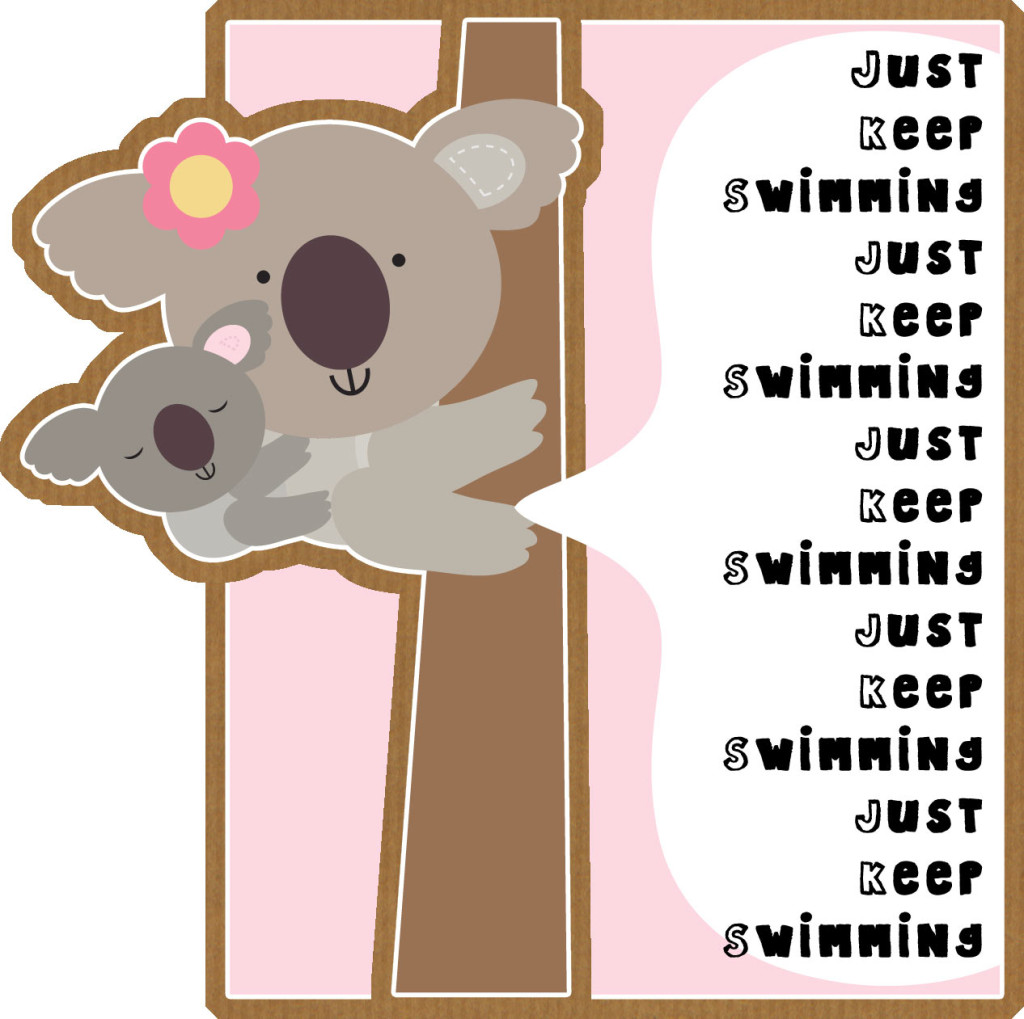 Experience has greater power than mere knowledge so get out there and get chatting with people who use AAC everyday.
Experience has greater power than mere knowledge so get out there and get chatting with people who use AAC everyday.
You know who else can be your goggles? A more experienced clinician/mentor, someone who knows the swimming strokes and knows the tides. They can be there to tell you what tools are out there to help you know what to try next and how to develop your problem solving skills.
So you’ve got onto social media and made some worthwhile connections, you’ve read blogs and have an idea about what to do, you understand a person’s right to communicate, and you’ve made some new friends – now what? Dive in!
All you need is some help to get you started but once you’ve been swimming for a while you won’t need the help all the time – perhaps when the sea gets rough or you’re in an ocean you’ve never swam in before.
Just keep swimming!
Filed under: PrAACtical Thinking
Tagged With: graduate students, Kate Munro, SLP graduate students, social media, twitter
This post was written by Carole Zangari

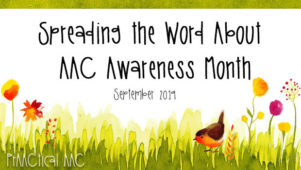

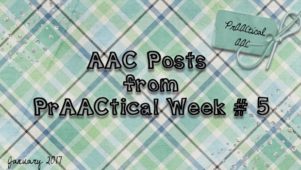
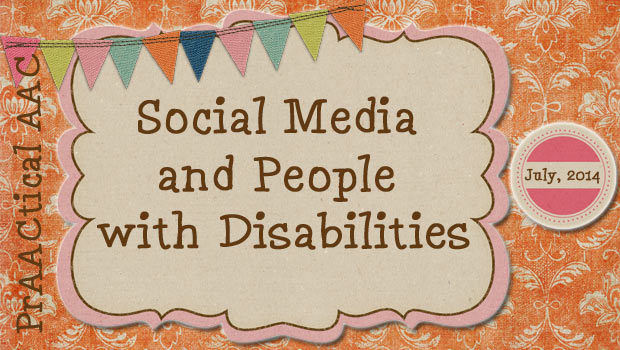
1 Comment
Great advice Kate! Thanks for giving me floaties from time to time 😉 AAC is such a challenging and rewarding area of practice and the need for people to have their own voice is so important.